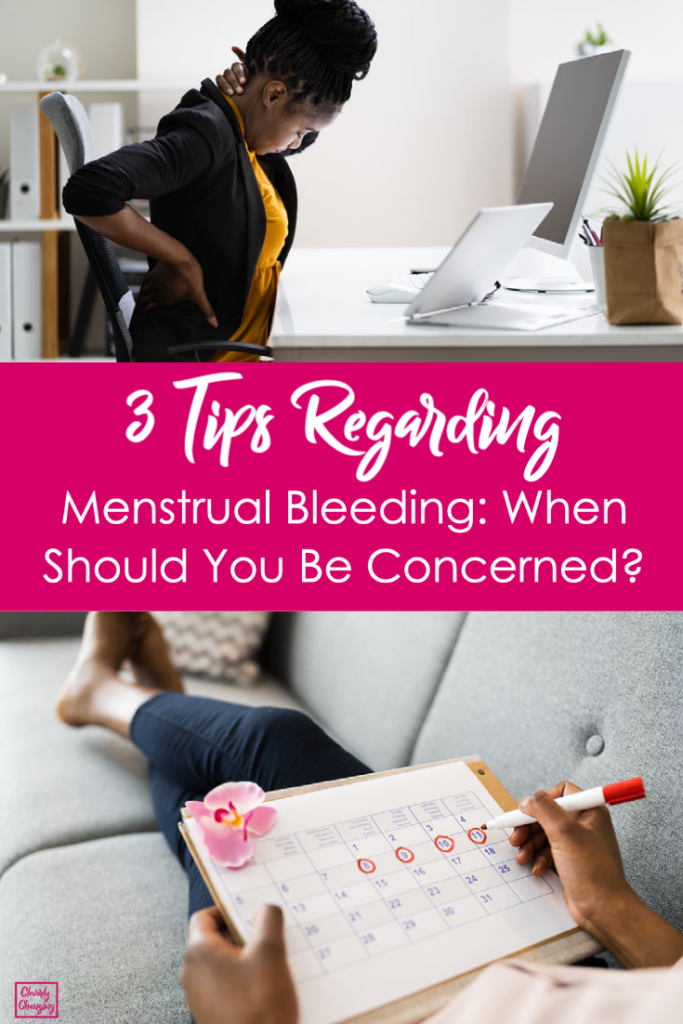Menstrual bleeding is an essential part of a woman’s reproductive process, and it is also a sign of good health, signaling the body’s regular hormone changes. However, in some cases, heavy menstrual bleeding can signify a more serious condition. Women need to be aware of when their menstrual bleeding is abnormal so that they can seek prompt medical attention when necessary.
When Should You Be Concerned?
The amount of blood lost during a period can vary from woman to woman, so it can be difficult to determine when it is necessary to seek medical help. However, if your bleeding is extremely heavy, passes large blood clots, or lasts longer than a week, you should seek medical attention.
A week after your period, bleeding may indicate menorrhagia—heavy menstrual bleeding lasting more than seven days. Severe menstrual bleeding is defined as losing more than 80 mL of blood per month or bleeding that soaks through two or more maxi pads or tampons per hour. If you experience any of these symptoms, contact your doctor immediately.
Symptoms of Severe Heavy Bleeding
Significant heavy bleeding can cause several unpleasant symptoms. If you’re experiencing any of the following signs, it’s time to talk to your doctor:
● Feeling weak or dizzy
● Passing large clots of blood
● Having pain or cramping in your lower abdomen
● Experiencing shortness of breath
● Becoming anemic due to blood loss
● doubling up on pads for your menstrual flow
● Needing to change your maxi pad or tampon more than once every hour
If any of these symptoms are left untreated, it may result in anemia, low iron levels, sleep disruption, pain, and other health problems. So, it’s important to stay aware of any changes in your menstrual cycle so that you can take prompt action if necessary.

Causes of Heavy Menstrual Bleeding
If you wonder, “why am I bleeding a week after my period?” or why am I passing large blood clots? You should find an answer. Various factors, including hormone imbalances, medical conditions, and lifestyle choices, can cause heavy menstrual bleeding. However, some of the most common causes include the following:
● Polycystic Ovarian Syndrome (PCOS): a disorder in which the ovaries overproduce androgens
● Uterine Fibroids: Non-cancerous growths that form in or near the womb (uterus)
● Endometriosis: a condition in which tissue similar to womb lining develops in other regions, such as the fallopian tubes and ovaries.
● Adenomyosis: A condition where the endometrial tissue that lines the uterus develops into the muscular wall of the uterus.
● Ovarian cysts: a fluid-filled sac that forms on the ovary.
Some physical factors or lifestyle choices can also lead to heavy bleeding. These includes:
● Taking certain medications
● Stress
● Poor diet
● Smoking
● Alcohol consumption
●
Avoid self-medication when you notice abnormal changes different from what you experience in your normal monthly menstrual flow, and contact your doctor immediately. Once the cause of your heavy menstrual bleeding is determined, your doctor can develop a treatment plan to help you manage your symptoms.

